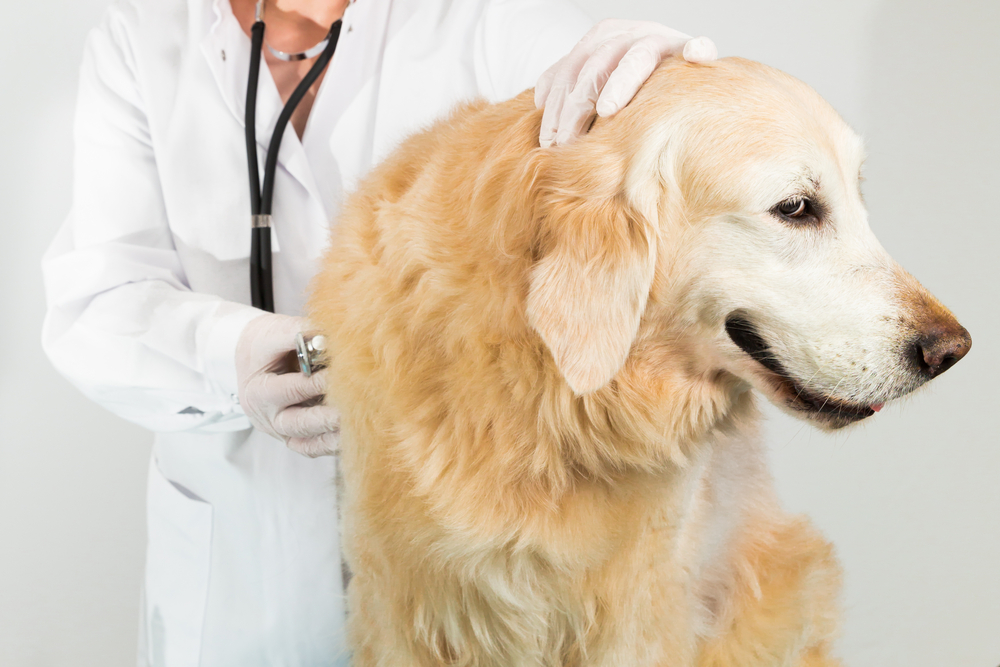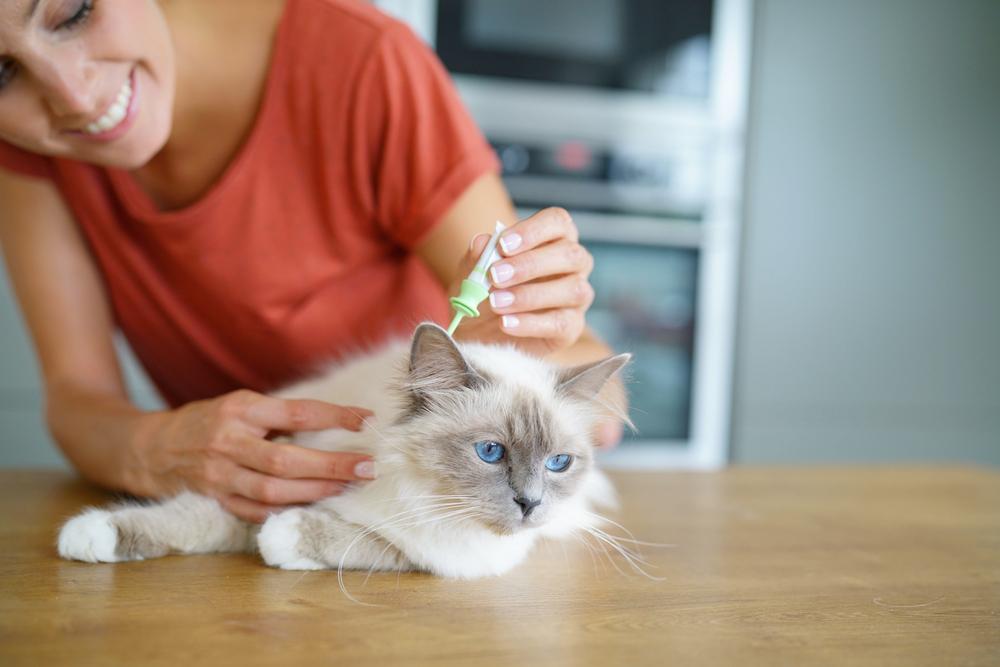Choosing the Best Flea Remedies for Cats and Dogs
Learn about effective flea treatments for your cats and dogs, including oral medications, topical solutions, bathing, combing, powders, and collars. Consult your vet for tailored advice to keep your pets flea-free and healthy. Implementing regular checks and preventive measures helps avoid infestations and promotes overall pet well-being.

Dealing with fleas is a common challenge for pet owners, especially during warmer months or if your pet spends time outdoors. Flea infestations can cause discomfort to your pets and pose health risks to your household by spreading infections and diseases. Regular checks help detect fleas early; adult fleas are small, flat, dark insects, about 1.5 to 3.2 mm long, often seen jumping on your pet. Signs include biting, scratching, and the presence of flea dirt—dark excrement that turns reddish when wet. Various treatments exist to eliminate fleas effectively.
Oral flea medications: These prescribed pills or suspensions are given monthly, preventing fleas from breeding but not killing existing fleas. They’re preferred for their ease of use and mess-free application.
Topical spot-on treatments: Applied to the skin, these treatments kill fleas and eggs, offering protection for up to a year. Common brands include Revolution and Advantage, suitable for both prevention and rapid relief. Ensure you select the correct product for your pet’s species, as formulas differ for cats and dogs.
Flea bathing: Using specially formulated shampoos, flea baths can instantly reduce the flea population. Proper application and rinsing are crucial, but baths provide temporary relief and should be complemented with ongoing preventive measures.
Flea combs: Fine-toothed combs help physically remove fleas and eggs from your pet’s fur. Comb thoroughly from head to tail over a sink or bucket of water to drown captured fleas.
Flea powders: Insecticidal powders can be applied carefully to your pet’s coat for interim control but should be used with caution due to potential inhalation risks. Always choose the appropriate product for your pet’s size and breed.
Flea collars: Historically popular, flea collars have varied effectiveness and may contain chemicals that can be harmful. Opt for vet-recommended collars, like the Seresto, for safer protection.
Note: Always consult your veterinarian before selecting a flea treatment. Proper identification and targeted approaches ensure your pet’s health and comfort. Combining regular grooming with preventive products is the best strategy for flea control.










